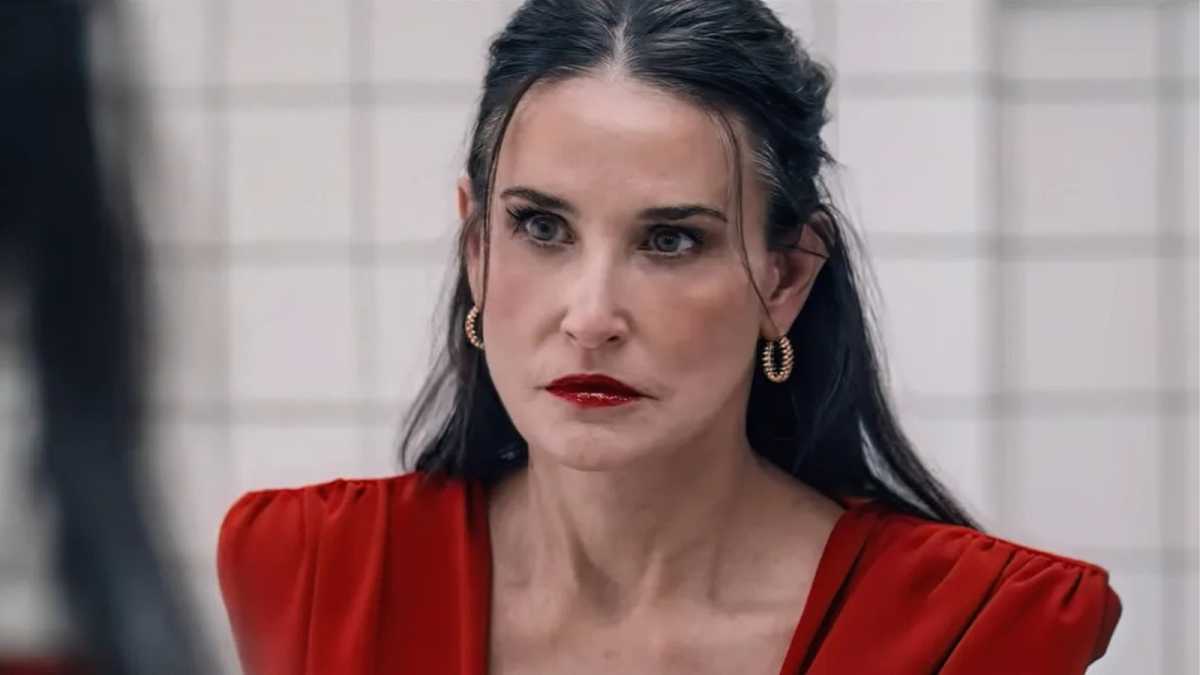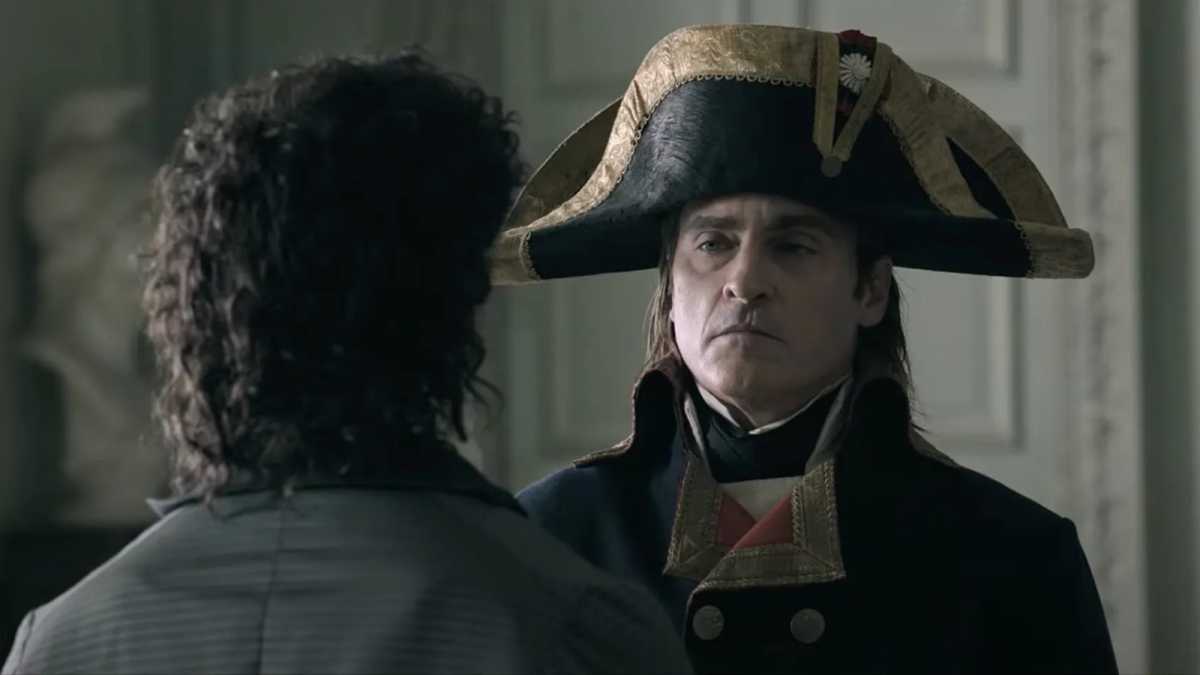During an interview at BFI Southbank in London, Sir Ridley Scott shared a rather strong opinion about modern-day films. As reported by Metro, the British director stated:
The quantity of movies that are made today, literally globally – millions. Not thousands, millions… and most of it is s**t.
80% – 60% – eh, 40% is the rest, and 25% of that 40 is not bad, and 10% is pretty good, and the top 5% is great. I’m not sure about the proportion of what I’ve just said, but in the 1940s when there were maybe 300 films a year made, 70% of them were similar.
Because I think a lot of films today are saved and made more expensive by digital effects, because what they haven’t got is a great thing on paper first. Get it on paper!
It seems like wherever I look, I’m hearing people moaning about the decline of culture – whether it’s about the questionable lyrics in Taylor Swift’s Wood, someone duck-taping a banana to the museum wall and calling it art, or Marvel releasing yet another cookie-cutter blockbuster. But while some criticism is valid, not everything is doom and gloom.
The contemporary film industry undoubtedly has its flaws, as brilliantly portrayed in Seth Rogen’s The Studio. Like many of the characters in this show, I often roll my eyes when watching a CGI-packed movie with a script that is seemingly no more than two pages long.
However, one thing is clear to me. People, like Scott, who make sweeping statements about contemporary cinema, music, and fine art, just aren’t looking hard enough for high-quality work.
It’s no secret that the movie industry is in crisis, primarily due to the rise of streaming platforms. In the 2010s, as the boom in TV series began, viewers were drawn to services like Netflix and HBO Max due to the compelling, multi-episode stories that movies often lacked.
A lot has changed since then, including the fact that films generally have a shorter run at the box office before releasing on digital. Hollywood shot itself in the foot by prioritising easy profits without thinking about the long-term effects of making new releases available for home viewing so quickly.
And this is just one of the many sins of the film industry. Studio executives invest a fortune in some projects, believing that a bombastic spectacle will attract viewers to cinemas. As such, bloated budgets make it difficult for films to recoup their costs (even critically acclaimed stories such as One Battle After Another), so studios prefer to exploit old franchises rather than take a risk on a fresh story.
Too much faith in CGI and a fear of artistic experimentation result in mainstream films seeming like soulless clones. Add to that lazy screenwriting and tokenism, and Scott’s diagnosis begins to ring true.

20th Century Fox
However, filmmakers such as Christopher Nolan, Denis Villeneuve, Yórgos Lánthimos, and Alex Garland are still delivering stunning spectacles as well as engaging stories. We’re still getting new work from the likes of Martin Scorsese and Guillermo del Toro. Plus, Horror is seeing a real boom, with Jordan Peele, Robert Eggers, Parker Finn, the Philippou brothers and Zach Cregger blazing new trails for the genre.
If that’s still not enough for Ridley Scott, I would recommend he take a look at European cinema and filmmakers. Coralie Fargeat’s The Substance and Justine Triet’s Anatomy of a Fall, as well as lesser-known gems such as The Girl with the Needle by Magnus von Horn or The Devil’s Bath by Veronika Franz and Severin Fiala, could satisfy the director’s appetite for electrifying stories.
It’s true that the 70s, 80s, and 90s produced many great films and franchises. However, it’s a mistake to believe that most movies made back then are masterpieces. Without complex research, it’s difficult to determine the ratio of outstanding work compared to rubbish. The bizarre statistics quoted by Scott don’t really have a lot of credibility.

Mubi
Scott ended his rant on contemporary cinema with a rather unusual confession:
So what I do, and it’s a horrible thing, but I’ve started to watch my own movies, and actually, they’re really good. And also, they don’t age.
Now, don’t get me wrong, I have deep respect for Scott’s earlier work. Gladiator, Black Hawk Down, Alien, Thelma and Louise and Blade Runner are some of the films I watched as a teenager. Many taught me the beauty of cinema. However, the director’s latest films give the impression that he is losing not just his artistic sensibility, but also his common sense.
Packed with ridiculous plots and paper-thin characters, Prometheus is a blow to Alien’s legacy. The Counsellor is unbearable gibberish, as well as Napoleon – tedious historical nonsense, with Joaquin Phoenix delivering the worst performance of his entire career. And don’t even get me started on Gladiator II, an over-the-top mess that lacks any emotional depth.

Apple
Therefore, Ridley Scott should be cautious about passing harsh judgments on contemporary cinema. The British director is guilty of precisely the same sins for which he preaches against: silly ideas, poor writing and overblown special effects.
Undoubtedly, Hollywood could be more courageous and bold, so that more films such as Oppenheimer, The Brutalist and Sinners could be made. But often, they need a strong director behind them with sway in the industry.
So maybe, instead of lamenting about the much-needed change in the film industry, Ridley Scott should be the change he so desperately wants to see.














